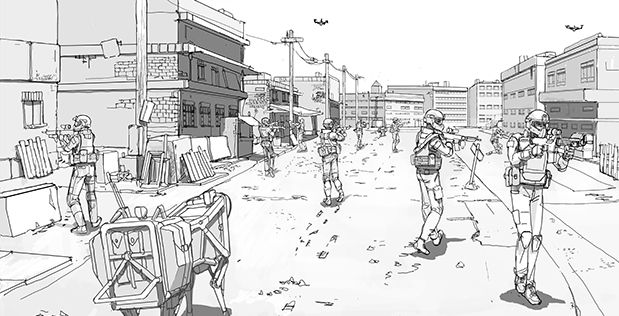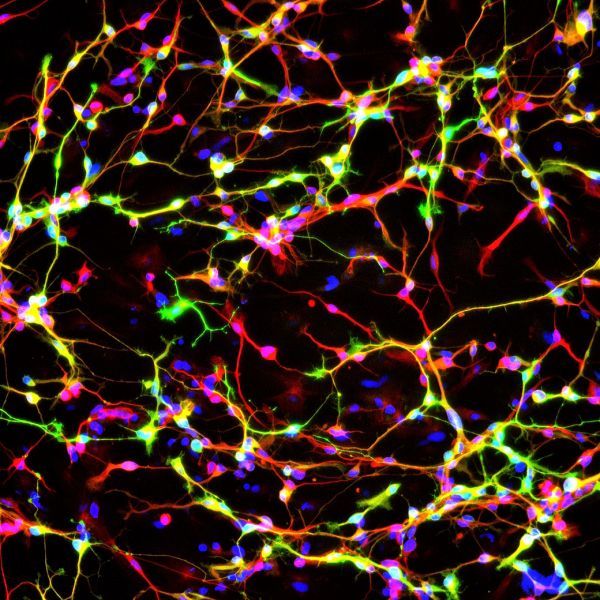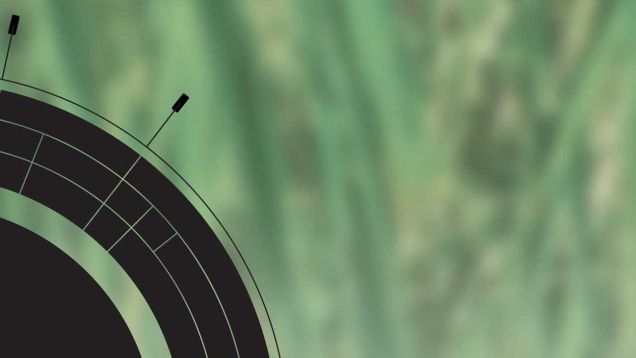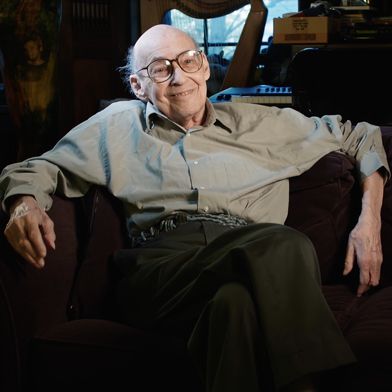TRANSFORM–a shape-changing desk. Living with Dynamic and Adaptive Furniture. — ![]() feeling cool.
feeling cool.
Year: 2015 – Page 25
With This Greenhouse It Is Now Possible To Grow Crops In The Desert
A non-profit organization called “Roots Up” has designed a greenhouse that collects moisture from the air, which then is used to water the plants.
This new design can help farmers in areas where the lack of proper temperature and rainfall make it difficult to grow crops.
As the designers of the greenhouse explain on heir website:

Brilliant WarkaWater Towers Collect Drinking Water from Thin Air in Ethiopia
Throughout many remote villages in Ethiopia, water gathering is quite an ardous and dangerous task. With the burden typically falling on matriarchs of the family, the trip to the nearest water source can take hours if not all day. More often than not, that water fetched on these long journeys is commonly contaminated with dangerous elements such as human and animal waste. Additionally, many women have little choice but to bring their young children along, which not only puts them in harm’s way, but also keeps them out of school.
Related: Water-Storing Himalaya Towers Take First Place in 2012 eVolo Skyscraper Competition
The WarkaWater Towers were inspired by the local Warka tree, a large fig tree native to Ethiopia that is commonly used as a community gathering space. The large 30 foot, 88 pound structures are made out of juncus stalks or bamboo woven together to form the tower’s vase-like frame. Inside, a plastic mesh material made of nylon and polypropylene fibers act as micro tunnels for daily condensation. As droplets form, they flow along the mesh pattern into the basin at the base of the towers. By harvesting atmospheric water vapor in this way, it’s estimated that at least 25 gallons of potable water can be sustainably and hygienically collected by the towers every day.

Squad X Core Technologies Takes First Steps toward Improving Capabilities for Dismounted Soldiers and Marines
With nine teams selected, the Squad X Core Technologies program will begin taking its first steps toward developing novel technology to deliver dismounted squads better collaboration ability, understanding of surroundings and effectiveness.
Samsung just filed a patent for foldable smartphones
With tech giants around the world dipping their toes in the foldable display game, a flexible, rollable, and foldable smartphone was inevitable. And it looks like Samsung has the upper hand at this point, having recently filed a patent with the US Patent and Trademark Office for a slick new design.
Dubbed Project Valley, the product features a foldable display that could roll and fold in a number of different ways, according to the patent application. But Samsung will likely take advantage of the fact that a foldable screen gives you many different surfaces on which to display things, so we could see screens on the outside, inside, and flanks of the new device.
While the patent was filed earlier this year, the US Patent and Trademark Office only just published it this week, so we can finally get a look at the details. Samsung filed a similar patent application in South Korea in 2014, so it could be that the product will be released there first before it’s rolled out to other markets around the world (excuse the pun).

Scientists Create Most Expensive Material on Earth, Costs $4.2 Billion per Ounce
$4.2 billion per ounce. That’s how much the most expensive material on Earth costs. Priced at £100m per gram, the most expensive material on Earth is made up of “endohedral fullerenes,” a cage of carbon atoms containing nitrogen atoms. It could help us make atomic clocks and accurate autonomous cars.
Current atomic clocks are the size of rooms. This material could allow us to make atomic clocks that fit in your smartphone.


AMD’s mighty Zen CPUs coming to level the playing field with Intel in 2016
AMD has confirmed we will see high-end desktop FX processors of the Zen variety later on next year.

Technology Will Save Our Future, According To Japanese SF Author Taiyo Fujii
I’ve been increasingly interested in translated science fiction novels, and one of the best ones that I picked up this year was Taiyo Fujii’s debut Gene Mapper.
Gene Mapper takes place in a future where augmented reality and genetic engineering is commonplace. When a freelance gene mapper named Hayashida finds that a project that he had worked on is collapsing, he believes that it’s being sabotaged. Determined to fix it, he travels to Vietnam where he finds that there’s more behind the problem than he initially thought.
You can read a tie-in story over on Lightspeed Magazine, ‘Violation of the TrueNet Security Act’.

Marvin Minsky Reflects on a Life in AI
A founding father of artificial intelligence talks about the great breakthroughs of his early years.